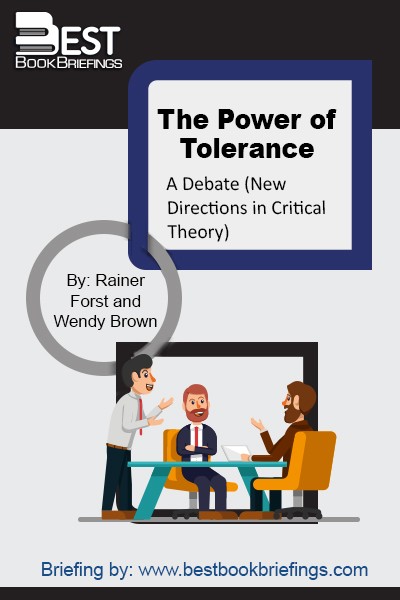The Power of Tolerance
A Debate (New Directions in Critical Theory)
Number of pages: 112
Publisher: Cambridge University Press
BBB Library: Communication
ISBN: 9780231170185
Editorial Review
We invoke the ideal of tolerance in response to conflict, but what does it mean to answer conflict with a call for tolerance? Is tolerance a way of resolving conflicts or a means of sustaining them? Does it transform conflicts into productive tensions, or does it perpetuate underlying power relations? To what extent does tolerance hide its involvement with power and act as a form of depoliticization? Wendy Brown and Rainer Forst debate the uses and misuses of tolerance, an exchange that highlights the fundamental differences in their critical practice despite a number of political similarities. Both scholars address the normative premises, limits, and political implications of various conceptions of tolerance. Brown offers a genealogical critique of contemporary discourses on tolerance in Western liberal societies, focusing on their inherent ties to colonialism and imperialism, and Forst reconstructs an intellectual history of tolerance that attempts to redeem its political virtue in democratic societies. Brown and Forst work from different perspectives and traditions, yet they each remain wary of the subjection and abnegation embodied in toleration discourses, among other issues. The result is a dialogue rich in critical and conceptual reflections on power, justice, discourse, rationality, and identity.
Book Reviews
Books on Related Topics
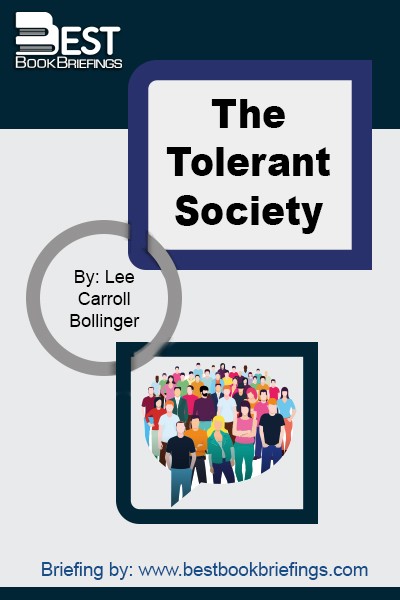
Bollinger provides a masterful critique of the major theories of freedom of expression, finding these theories persuasive but inadequate. Buttressing his argument with references to the well-known Skokie case and many other examples, as well as with a careful analysis of the primary literature on free speech, he contends that the

Practical wisdom is the essential human quality that combines the fruits of our individual experiences with our empathy and intellect-an aim that Aristotle identified millennia ago. It's learning the right way to do the right thing in a particular circumstance, with a particular person, at a particular time. But we have
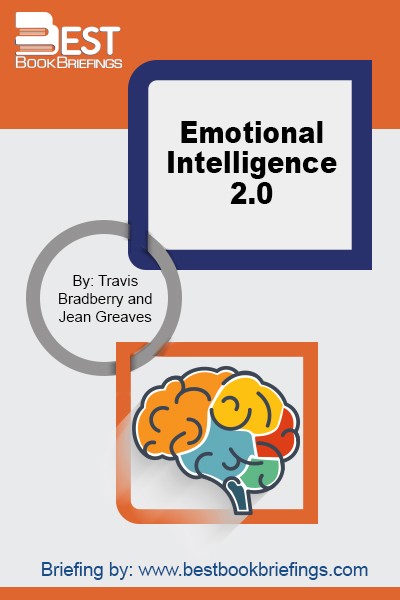
How much of an impact does Emotional intelligence (EQ) on your professional success? The short answer is: a lot! EQ has been tested alongside 33 other important workplace behaviors and was found to subsume the majority of them, including time management, decision- making and communication. EQ is so critical to success
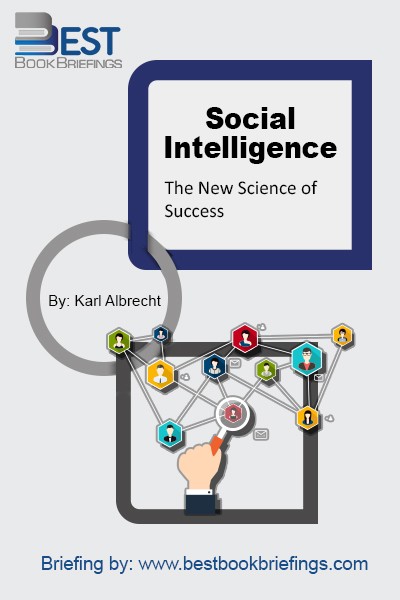
Social intelligence is defined as the ability to get along well with others while winning their cooperation. Social intelligence is a combination of sensitivity to the needs and interests of others, which is sometimes called your social radar, an attitude of generosity and consideration, and a set of practical skills for
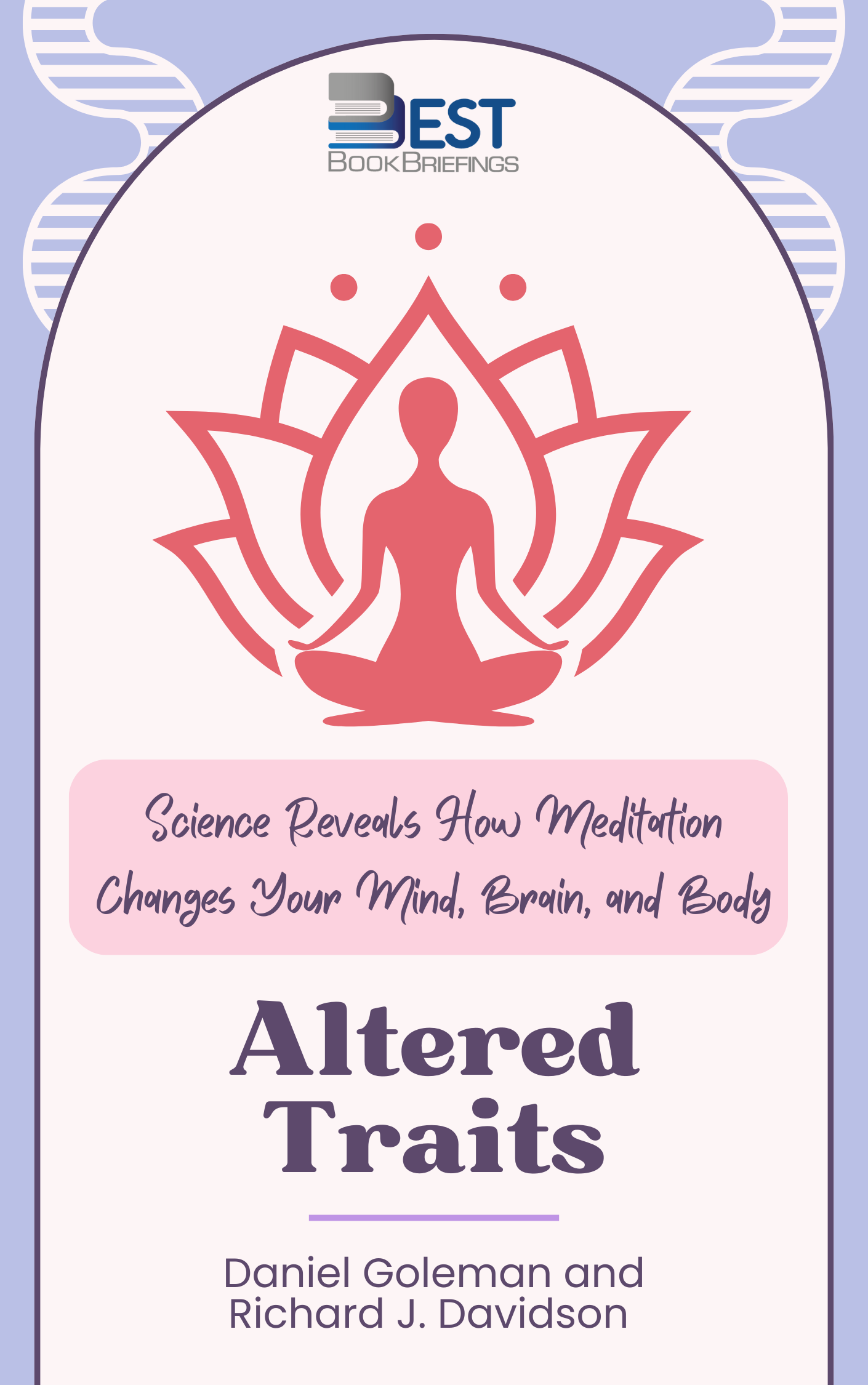
In the last twenty years, meditation and mindfulness have gone from being kind of cool to becoming an omnipresent Band-Aid for fixing everything from your weight to your relationship to your achievement level. Unveiling here the kind of cutting-edge research that has made them giants in their fields, Daniel Goleman and

